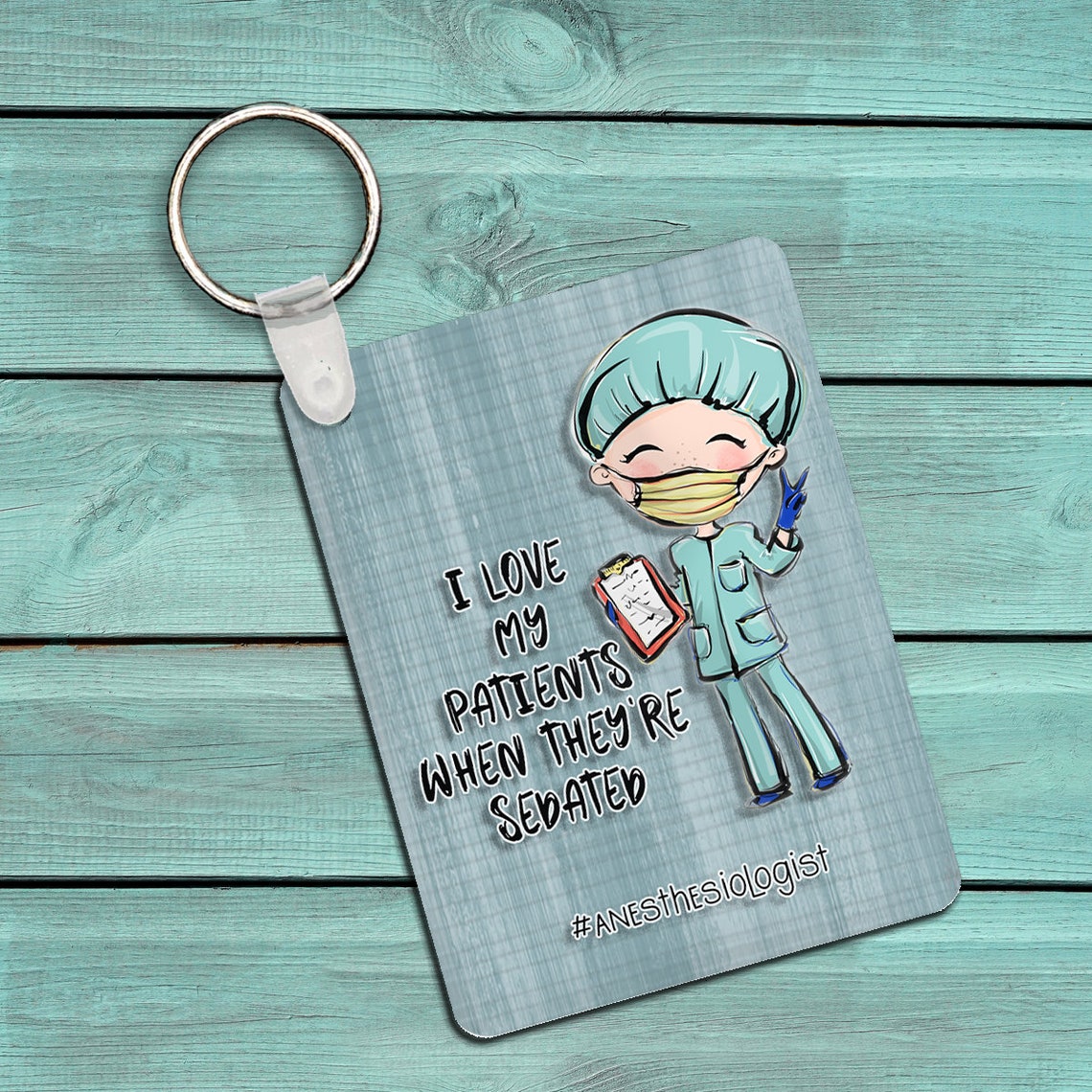


Medication is either refused or not taken consistently. After hospital discharge, a patient doesn’t engage with outpatient care. I am tired of seeing the same patients, sometimes multiple times a week, arrive in crisis, cycling in and out of the emergency department, hospital inpatient unit, homelessness and jails, their symptoms : criminalized. Later, as director of Adult Psychiatric Emergency Services, I saw the effects of remaining untreated. They genuinely had no awareness of their symptoms and were at a high risk of being victimized, arrested, or having their physical health deteriorate rapidly as they failed to treat comorbid conditions. These patients, by no fault of their own, lacked insight into their illnesses. However, voluntary services did not work for a small number of patients with severe mental illness who desperately needed treatment and would not, under any circumstances, seek it. While working in the Community Psychiatry Program at The Johns Hopkins Hospital, I was able to form a collaborative relationship with most patients. My passion lies in treating people with severe mental illness such as schizophrenia and bipolar disorder, who are often among the most disenfranchised and vulnerable. This has left me and many of my colleagues disappointed, frustrated, demoralized and fearing for our patients’ lives. Maryland’s lack of an assisted outpatient treatment law for civil commitment of those with serious mental illness, does not allow me to live up to that oath. She can be reached at Īs a physician, I took an oath to first do no harm. The views expressed are hers and do not represent her employer. *Joking of course, but it's kinda true you know.The writer is a board-certified psychiatrist and director of Adult Psychiatric Emergency Services at the Johns Hopkins Hospital in Baltimore. What if a Hispanic nurse who wasn't from this country took care of a white, European descent person? They wouldn't know how they respond to pain or what their customs are when someone dies. :yeah:And apparently all nurses are of white, European decent because they never list any customs for them. Native Americans are stoic with pain, hispanics treat illness with hot/cold therapies, etc, etc. Secondly, they say in the module "don't stereotype or judge people based on gender, race, ethnicity", but then give a list of stereotypes for each ethnicity lol. Firstly, you're not going to make someone culturally competent in a computer module. Oh, and what always makes me laugh are those mandatory cultural competencies. Wouldn't we then be ignoring their "individuality?" I guess I'm just being annoying with semantics lol, but treating all patients the same would not be advisable. I guess what should be said is that we should be respectful and provide excellent care to all despite their background. I am a very kind and compassionate nurse, even to the patients that make it more difficult to be that way, but you really need to be assertive and firm and set limits with certain patients. It really wouldn't be appropriate to treat a detox and end of life patient the same lol. I think what is meant by this is: "don't judge/stereotype someone, and then give them the cold shoulder." You can't treat all patients the same, just not possible.
#All my patients Pc
You know how everyone says this, and maybe it's just because it's the PC thing to say, but it really isn't true.


 0 kommentar(er)
0 kommentar(er)
